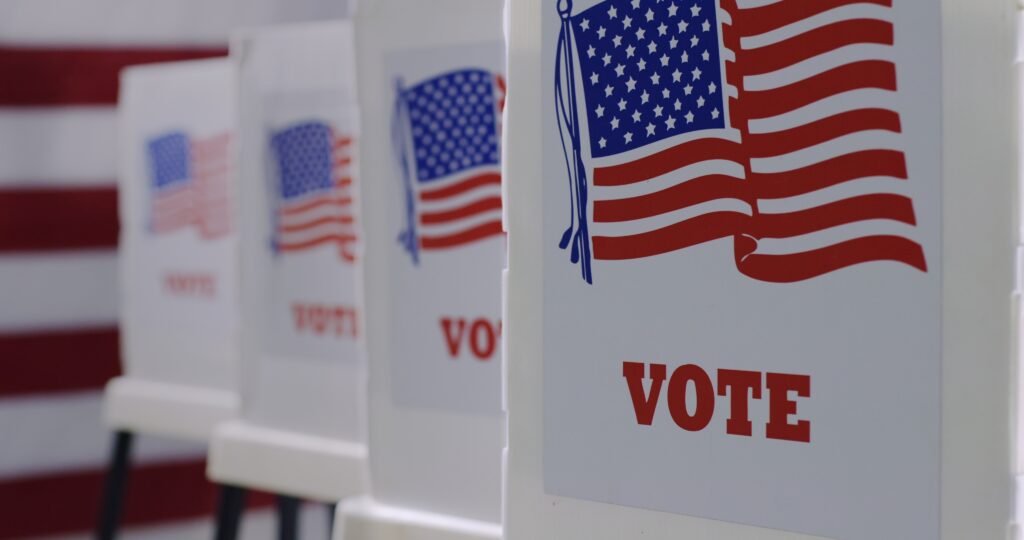For National Beer Can Appreciation Day, Let’s Fix Aluminum Pricing
Yesterday marked National Beer Can Appreciation Day, which commemorates the historic day in 1935 when America’s favorite alcohol beverage was first sold in cans. Beer’s use of aluminum has increased drastically over the last 86 years, and American brewers now fill and sell more than 67 percent of the beer they make in the United States in aluminum cans and bottles per year. America’s brewers purchased 37 billion cans in 2019, making aluminum the single largest input cost for brewers. The COVID-19 pandemic has further increased demand for cans.
In March 2018, the Trump administration implemented a 10% tariff on primary aluminum. This tariff makes the cost to produce everything from beer cans to aluminum siding on buildings more expensive. Although applied to aluminum from outside the United States, it is ultimately American businesses and consumers who pay for the tariff, either by passing these increased costs to consumers or by businesses deciding to forego investments or hiring employees to meet the additional costs.
However, for the aluminum market, an obscure pricing system known as the Midwest Premium has caused brewers of all sizes to pay an inflated tariff price on the aluminum they purchase – including recycled aluminum already in the United States.
Why is this happening?
Under current law, no federal agency has oversight over entities that publish the Midwest Premium. As a result, companies in the aluminum supply chain charge the Midwest Premium, which reflects the full tariffed price of aluminum, even on American-made aluminum not subject to the tariff.
However, most of the aluminum sold in the United States comes from countries that are not subject to the tariff. In the case of aluminum cansheet, most is not subject to a tariff because it is made from recycled scrap aluminum. Despite this fact, brewers are paying the full “tariff-paid” premium, which has resulted in increased manufacturing costs for domestic American brewers. Importantly, so long as the U.S. needs to import aluminum, even negligible amounts, from countries subject to tariffs, all aluminum, including scrap, will reflect that pricing premium.
According to a study released in March 2020 by Harbor Aluminum, from March 2018 through December 2019, America’s beverage industries paid an additional $582 million on the 3.06 million metric tons of aluminum it purchased. However, the analysis concluded that the U.S. Treasury only collected 14% of this sum, totaling about $81 million.
Increased aluminum premiums due to tariffs increase the cost of beer production and force brewers to make difficult business decisions — especially amidst a global pandemic that has reduced overall sales while simultaneously increasing demand for aluminum cans.
To help American aluminum end-users, the new Biden Administration should remove these tariffs and take steps to investigate and provide greater oversight over entities that set premium benchmarks. Polling conducted by the Beer Institute found that 72 percent of Americans, including 81 percent of Democrats and 66 percent of both Republicans and Independents, support the federal government launching an investigation into the U.S. aluminum market.
As our nation comes together amidst a health and economic crisis, we must ensure bad actors do not take advantage of aluminum end-users, including the American beer industry and the 2.1 million American jobs it supports.
Read our latest blog posts:
- Alcohol Awareness Month: Advancing Responsibility in the Beer Industry
- How Beer Redefined Dry January
- Dispatch from Washington: A Red Wave Few Predicted
- OPINION: CHEERS to football season and new legislation that can boost Nevada’s economy
- The Joy of Beer: Celebrating Responsibility, Moderation, and Community Impact













